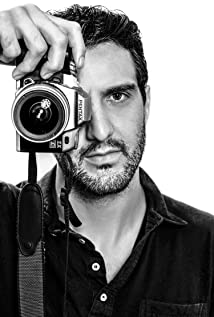Roland Joffé's first two feature films (The Killing Fields, 1984, and The Mission, 1986) each garnered him an Academy Award nomination for Best Director. Joffé worked closely with Producer David Puttnam on each film. The Killing Fields detailed the friendship of two men, an American Journalist for The New York Times, and his translator, a prisoner of the Khmer Rouge in Communist Cambodia. It won three Academy Awards (for Best Supporting Actor, Best Cinematography, and Best Film Editing) and was nominated for four more (including Best Picture and Best Director). The Mission was a story of conflict between Jesuit missionaries in South America, who were trying to convert the Guaraní Indians, and the Portuguese and Spanish colonisers, who wanted to enslave the natives. In an interview with Thomas Bird, Joffé says of The Mission, "The Indians are innocent. The film is about what happens in the world . . . what that innocence brings out in us. You would sit in a cinema in New York, or in Tokyo, or Paris, and for that point of time you would be joined with your companions on this planet. You would come out with a real sense of a network.". The film won the Palme d'Or and Technical Grand Jury Prize at the 1986 Cannes Film Festival. It achieved six Academy Awards nominations—including for Best Picture, Best Director, and Ennio Morricone's acclaimed Best Original Score—and won one, for Best Cinematography.


















